BOARD OF DIRECTORS
The Board of Directors is the highest level of authority at Sub-Saharan University College, developing and overseeing all the policies and operations procedures. It is responsible for approving the College annual budget, adding degree programs and constructions.
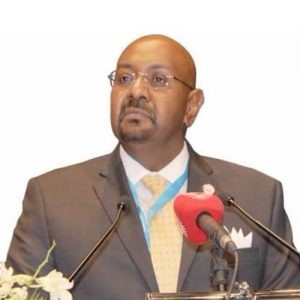
Dr. Alsadig Al Khalaffalla
Chariman of Board of Director
Dr. Al Khalafalla is a public policy specialist and an expert on Middle Eastern affairs. He was appointed the Chairman of the Board of Directors of the Humpty Dumpty Institute in 2015 after serving for two years as a Director of HDI. Dr. Khalafalla was unanimously appointed based his proven record of leadership and international accomplishments.
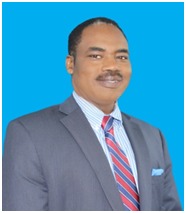
Dr. Suliman A Giddo
Founder & Vice Chairman of Board of Director
Dr. Suliman A Giddo; Graduated from University of Khartoum with B.Sc in Business Administration, Post graduate Studies in Humanitarian and Emergency Management from Fordham University in NY, Master of Science in Management from Strayer University in Richmond; Post graduate studies in Strategic planning from Stanford University in CA and Ph.D.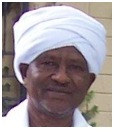
Abdel rahman Bushara Dosa
PhD (University of Khartoum)
Dr. Dosa, a graduate of University of Khartoum, Sudan (1967) has served in the position of Director General of Agriculture for Greater Darfur Region of Sudan (1981-1982), then he became the Regional Minister of Agriculture for Greater Darfur from 1982 to 1985.
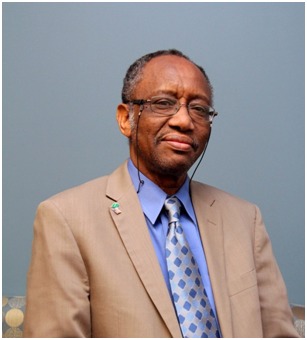
IBRAHIM AHMED BANI
MD Ph.D
Professor Bani is a Community Physician with extensive experience in Global Health in developing countries. Dr Bani is a public health physician by training with over 15 years experience in International Public Health. His teaching experience is extensive, including faculty appointments as an Assistant and Associate Professor (Community Health) at King Saud University
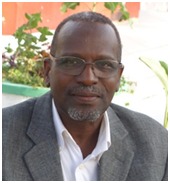
Prof. Musa Adam Abdul-Jalil
(B. Sc. Honours, Khartoum), (Ph.D., Edinburgh)
Professor and previous head (2007-2013) of the Department of Sociology and Social Anthropology, University of Khartoum. He was also Deputy Dean for Academic Affairs (2013-2015) of the Faculty of Economic & Social Studies at the same university. He has 38 years’ experience of university teaching in Sudan and Saudi Arabia during which time he taught more than ten
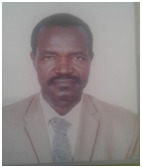
Dr. Abubakr M.J. Siam
Associate Professor of Forestry & Natural Environment
Academic Qualifications
Ph.D. Forestry and Natural Environment (Tree Ecophysiology) – Aristotle University of Thessaloniki, Greece2006 .
M.Sc. Forestry- University of Juba, Sudan 2001.
B.Sc. (Class Two- Division One) in Natural Resources & Environmental Studies (Forestry)- University of Juba, Sudan 1995.
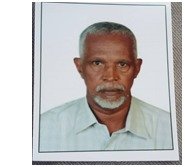
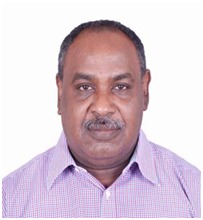
Dr. Budereldein Omer Elhaj Musa
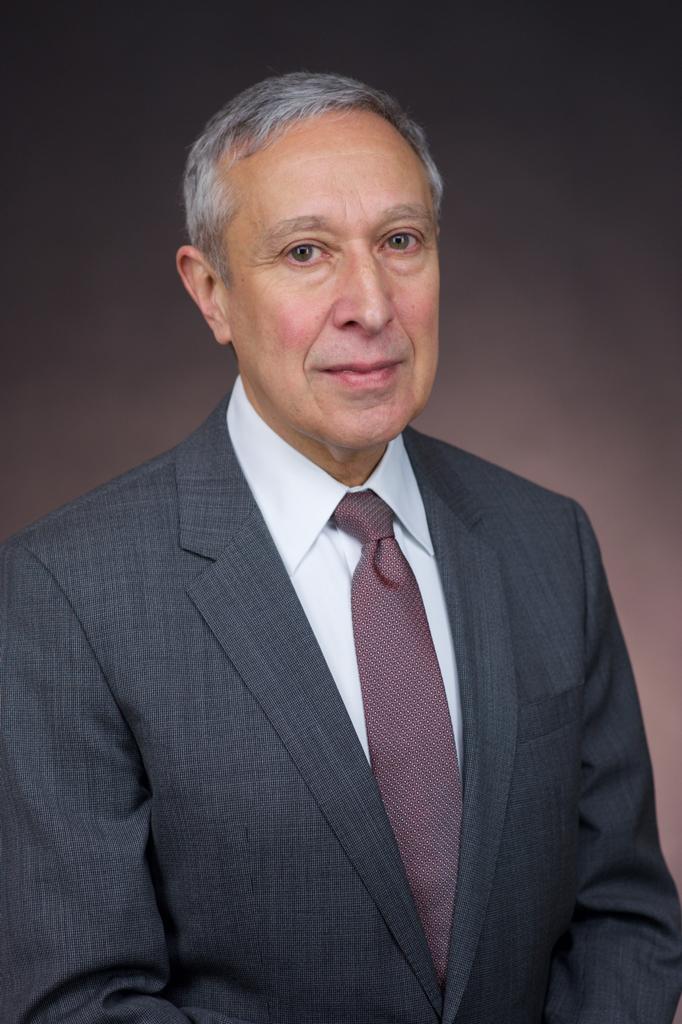
Joseph Merante
Executive Director
Joseph Merante is responsible for managing HDI’s strategic relations with the U.S. Government, including the U.S. Congress, the United Nations and its affiliated agencies. Prior to joining Humpty Dumpty Mr. Merante was a career Foreign Service Officer with the U.S. Department of State. He served in Europe, Africa, and Asia, and at the United Nations.
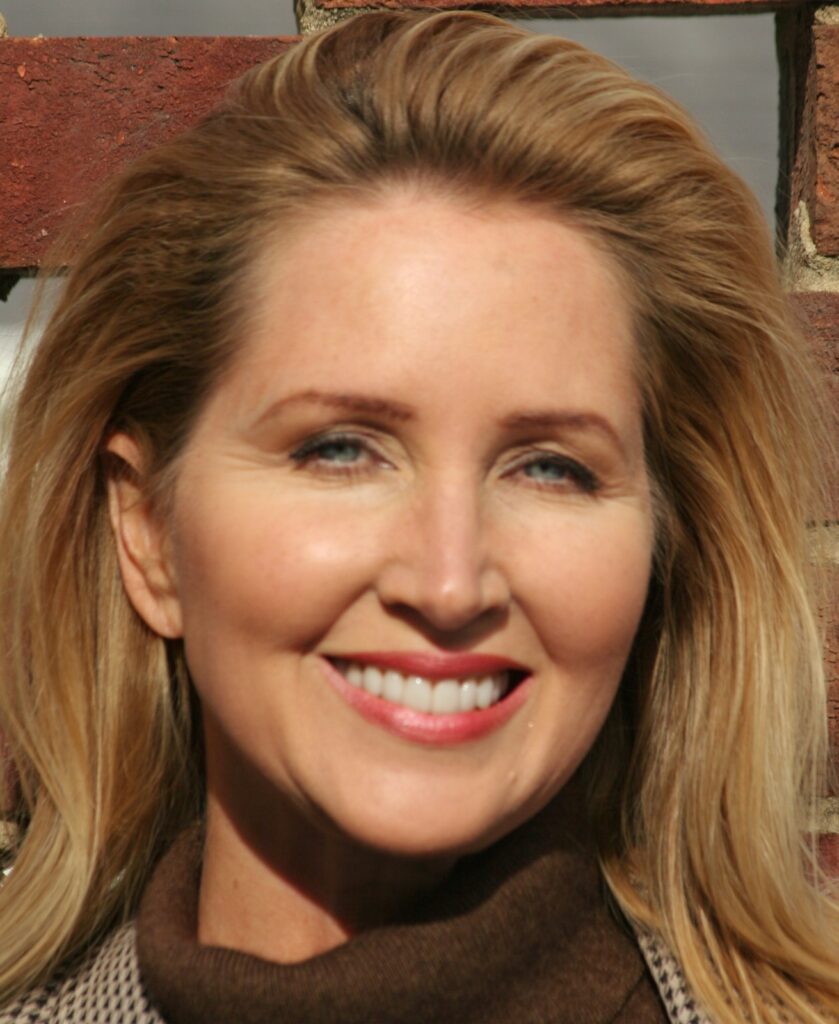
Board Meeting with the Director of Foreign Community Universities
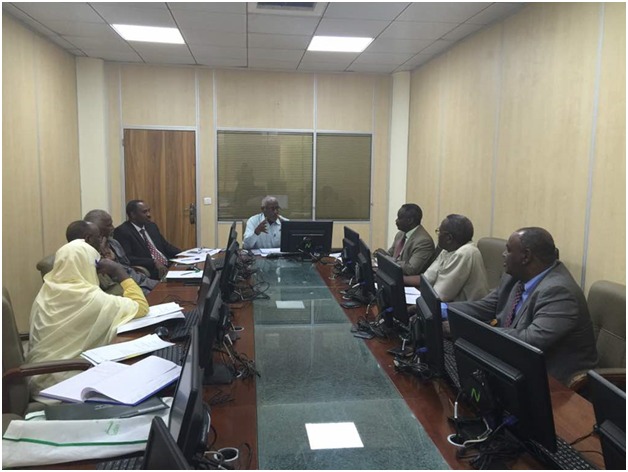
Board meeting with the Director of Foreign and Community Universities – Ministry of Higher Education in Sudan 2017
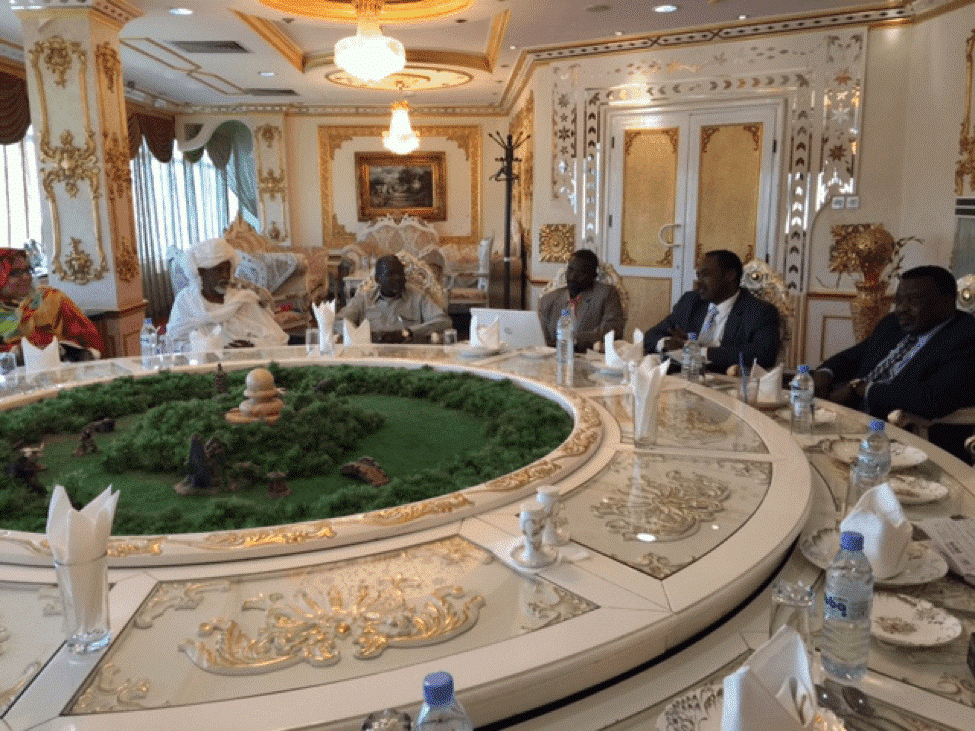
First Board Meeting in January 22nd 2017 (Khartoum)
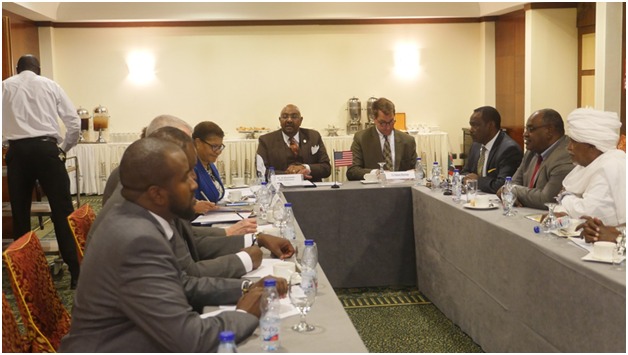
Board Meeting; the US Congress Delegation to Sudan April 2018

Meeting with the US Congress Delegation to Sudan, US Embassy in Khartoum and Humpty Dumpty Organization April 21,st 2018
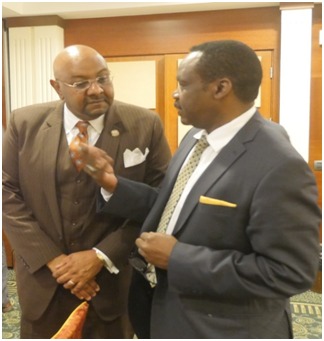
Dr.Alsadig, the Chairman and
Dr. Suliman Vice Chairman
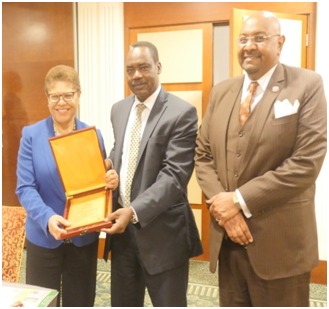
Dr.Alsadig, the Chairman and
Dr. Suliman, Vice Chairman Congresswoman

